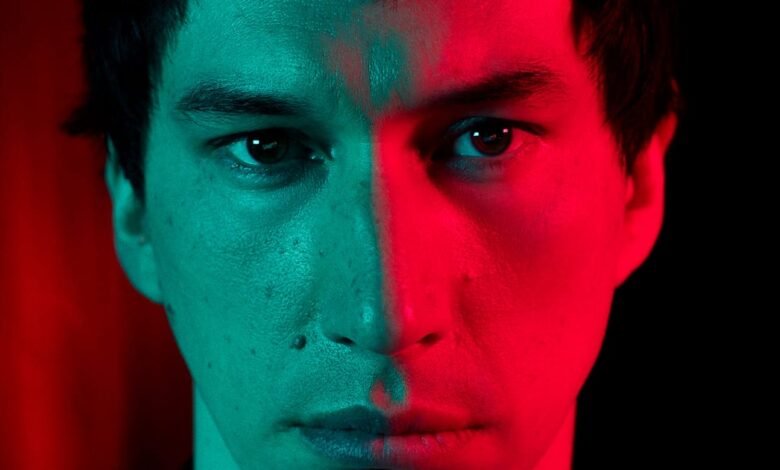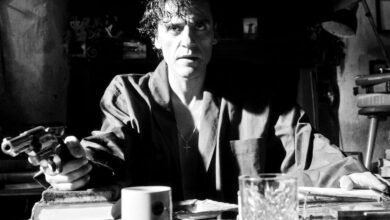

Some see cinema as a form of theatre, and others see it as a form of circus. The great American filmmaker Francis Ford Coppola sits very much in the latter camp, having across nearly seven decades produced a litany of cinematic spectacles custom-primed to scintillate and delight. From his canonical classics of the 1970s, his chic style exercises of the 1980s, and his idiosyncratic studio epics of the 1990s, to the more personal, moody, experimental works of the new millennium, Coppola is the type of ringmaster who needs to feel that he himself is being satisfied artistically before he can think about how these works will connect to a broader audience.
His most recent offering, the long-gestating passion project Megalopolis, was, until its spectacular unveiling at the 2024 Cannes Film Festival, the subject of much cinephile speculation and back-channel gossip. What will it be? What will it look like? Does this great filmmaker still have the juice to disrupt the norms of classical film production as he has done so many times in the past?
Get more Little White Lies
Megalopolis, about a grand city on the precipice of decline and the architect who built it, is one-hundred percent pure Coppola, accept no substitutes, even if it looks, sounds, and feels like nothing else we’ve seen before or since. Here, in anticipation of the film being available to stream on MUBI, we’ve taken a peek back at some of Coppola’s back catalogue in search of some clues as to the exact provenance of this head-spinning cine-monument.
1. The Godfather – The mythos
Following his vital internship at the hands of Roger Corman, this for-hire project for Paramount Pictures was the film that put Coppola not just on the map, but gave him direct access to the Hollywood throne room. Though the story is notable for its juicy character turns and memorable dialogue, it also depicts age-old power structures at the point where they are beginning to calcify and creak, which is one of the many themes of Megalopolis.
2. The Conversation – The conspiracy
Celebrity architect and innovator, Caesar Catalina, played by Adam Driver in Megalopolis, feels like he could be a distant relation of maestro sound-recordist and snoop, Harry Caul (Gene Hackman), from Coppola’s 1974 masterpiece, The Conversation. Professionally, both men sit at the apex of their field, but are eventually undone by a surfeit of pride and their inability to ignore or rebuff a conspiracy against them.




